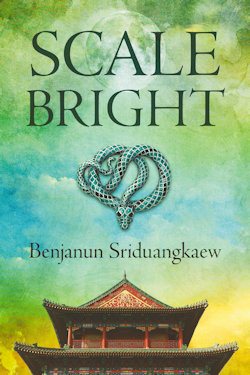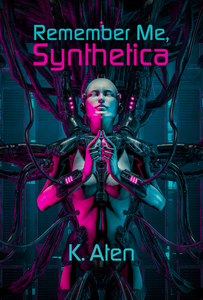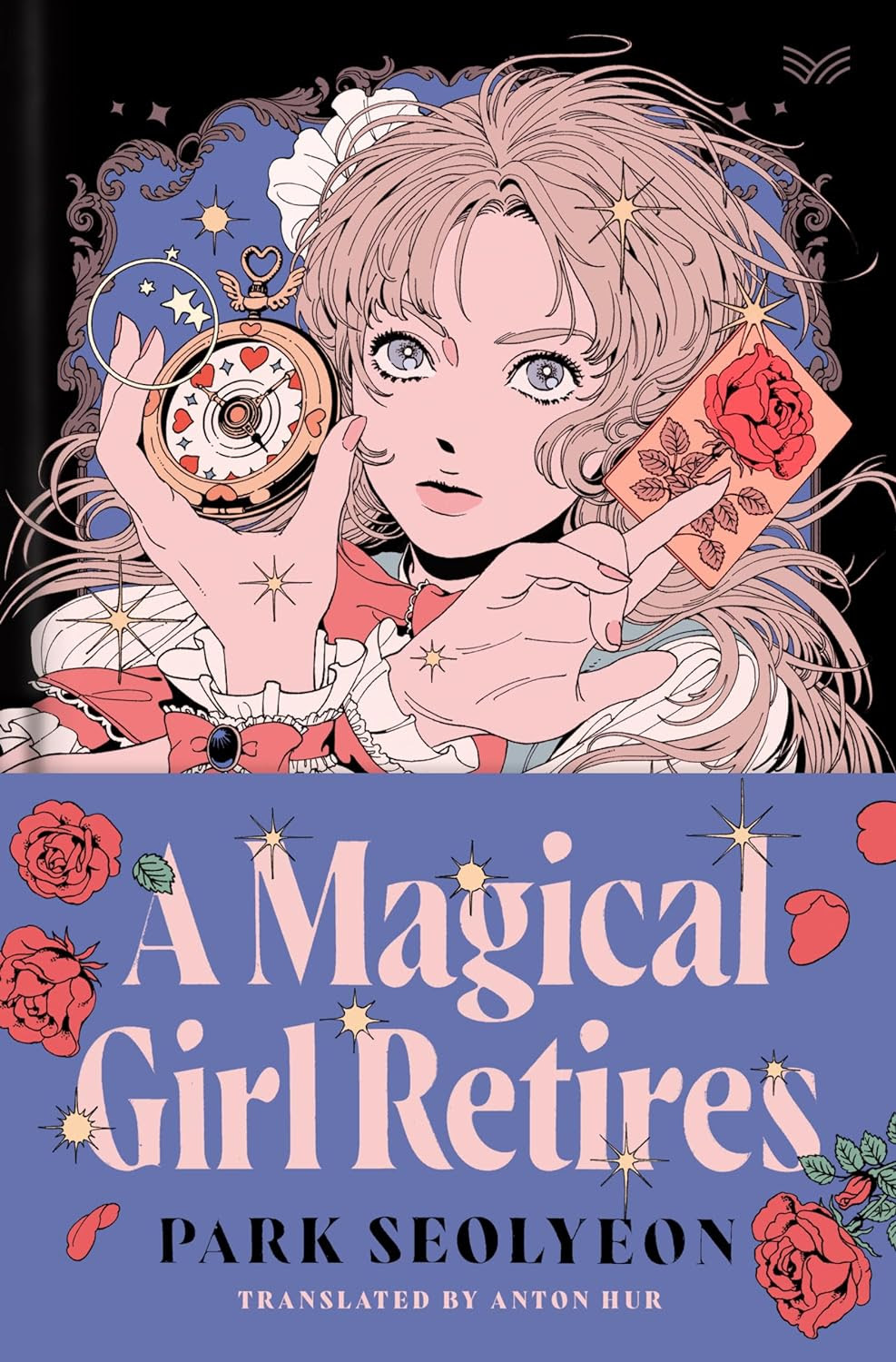Scale-Bright by Benjanun Sriduangkaew is a novella based on Chinese mythology that takes place in modern Hong Kong. This was an interesting premise and although I found it somewhat different from the fantasy that I usually real, it came recommended by a friend, so I gave it a go.
The story follows Julianne Lau, a 24 year old Hong Kong native. She lives with her two aunts, Houyi and Chang’e who to be clear are married to each other not related! This story starts with Julianne meeting a viper, a creature that looks like a human but isn’t. The viper is draw by the divine aura around Julianne which was acquired with her living with goddesses. The viper, called Olivia or Xiaoqing tells Julianne who she meets a couple of times that she wants a meeting with Chang’e, her aunt. Grudges among divine creatures last very long and there are a lot of enemies or past enemies for such a short book.
Julianne has body image issues, self-esteem issues and had encounters with depression. However, she is trying to be better. Like her aunt Chang’e, she is kind and she tries to control her sense of wanting attention sometimes with consequences.
There are some interesting relationships in the story. First off, I want to mention that we see some of Julianne’s past and about to be past relationships with women. For being such a short recount, it’s very queer.
Chang’e and Houyi have a good relationship based on affection and trust and so Julianne takes them as role models for her love life. Houyi buys Chang’e candies dates even when Chang’e is abroad and she picked her up from the airport in a tuxedo. That’s the level of sweetness that their relationship has. Despite this, they do not spend that much time together as their divine jobs take over a lot of time. Their past as well is tangibly full of sorrow apart from love.
Interesting was to see Houyi’s relationship with Julianne. Although she is technically only an in-law, she seems to be the main ‘caretaker’ while Chang’e, with her kindness takes over soothing roles when needed.
The relationship, as abrupt and like staccato as it was, between Xiaoqing and Julianne was also interesting. Xiaoqing shows Julianne that demons are complex and tells Julianne her story, after which she says she wants Julianne for who she is. Julianne for her part doesn’t care for what her partner looks like and learns to not judge people by the myths that are on them.
‘Demons’ , in this novella, are not villanized instead they are shown to be flawed and wanting to survive but also very diverse and complex with a system of their own
The writing is very descriptive, sometimes like poetry but I felt that at times it was just stretching too much. There are some styles that I liked such as sentences with only one word to describe routines. At times, as there were two sets of names being used, it is very easy to get confused especially if you are not familiar with the myths involved. It also takes a while to make sense after the beginning of a new segment as there are time and special hops, without much explanation.
We see the briskness of Hong Kong. I think this novella captures the metropolitan feel with its description of people and business and billboards.
This story takes on elements from myths such as the gods of sun and moon and the white snake and queers them up. Apart from the queer spins and retellings, it is heavy laden with gender issues and thought. Needless to say, but I will just in case, that this story being based on myth inherits all the strange gore that myths tend to have, so beware!
To end, I thought it was interesting reading a queer retelling of Chinese mythology by a Thai author no less, instead of British, Canadian or American. I think the style would need some time to get used to, but it’s worth to read it. It lulls between complexities of plot and gender and the easiness of long descriptions that relax you (like one of those relaxation classes).



